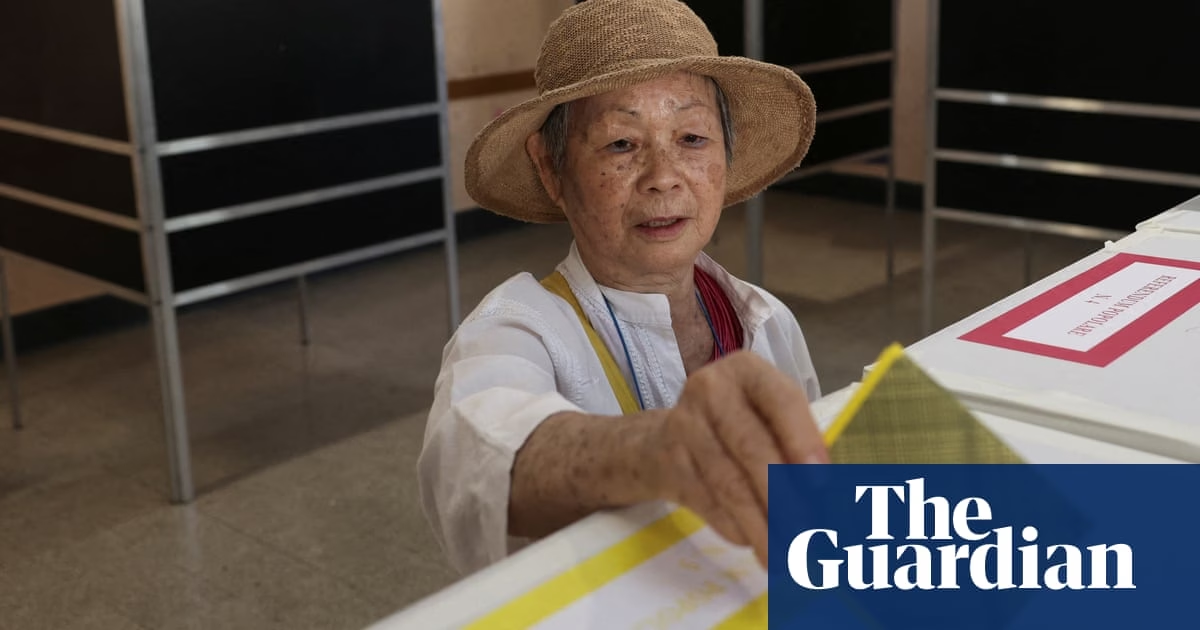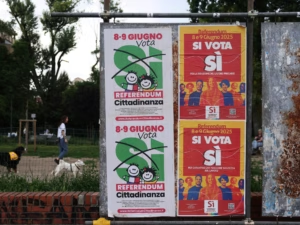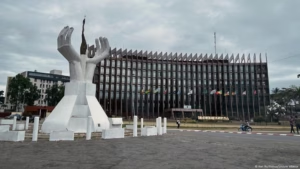Italians are casting their votes in a pivotal referendum aimed at simplifying the process for children born in Italy to foreigners to acquire citizenship. Activists have highlighted the risk that low public awareness could lead to insufficient turnout, potentially invalidating the referendum’s results.
Proponents of the changes to Italy’s citizenship law argue that it would foster better integration of individuals born in Italy to non-European Union parents into the Italian society they already consider their own.
Ghali, a prominent Italian singer with Tunisian heritage, has joined the advocacy for a ‘yes’ vote, emphasizing the importance of turnout. Ghali personally experiences the current 10-year residency requirement for citizenship, which he advocates should be reduced to five years.
Should the referendum pass, approximately 2.5 million foreign nationals may see their path to citizenship become more accessible.
The measures are supported by Italy’s main union and left-wing opposition parties, while Prime Minister Giorgia Meloni, although attending the polls, has chosen not to vote, a decision criticized by the left as anti-democratic. The citizenship referendum is among several being held, including those on enhancing job protections.
Supporters of the reform argue it would harmonize Italy’s citizenship rules with other European countries, facilitating greater social integration for long-term residents and expediting their access to civil and political rights, including voting, public employment opportunities, and freedom of movement within the EU.
Advocates also point out the dire situation faced by foreign-born children in their pursuit of a residence permit, underlining the exploitation, blackmail, and silence imposed by precarious living conditions.
The lack of public debate on these crucial issues has been criticized, with accusations levelled at the ruling right-wing coalition for deliberately subduing interest in topics directly affecting immigrants and workers.
A dispute has arisen over the fairness of media coverage, with Italy’s AGCOM communications authority filing a complaint against RAI state television and other broadcasters for inadequate and unbalanced reporting on the referendum issues.
Michelle Ngonmo, an advocate for diversity in the fashion industry, underscores the referendum’s significance in terms of dignity and the right to belong. For many born in Italy and contributing to its society, she asserts that the absence of citizenship is an invisible barrier hindering their full potential.
Source: https://www.theguardian.com/world/2025/jun/08/activists-fear-low-turnout-threat-to-italy-referendum-on-easing-citizenship-rules







